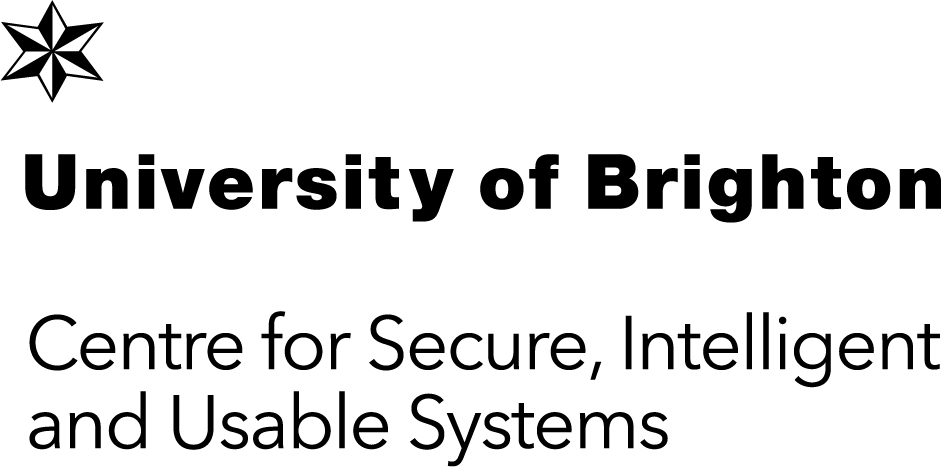Cultural Informatics
Our research spans various areas of computing and its applications to the Cultural Heritage, as well as the Arts and Humanities domain. Sometimes referred to as Digital Humanities, our research spans beyond the humanities and interacts with other disciplines on which the production, study, preservation/conservation and access of culture and heritage might be relevant including the arts, creative practices (e.g. craft and dance), tourism and education.
Our research is interdisciplinary focusing on improving the digitisation and access to tangible and intangible cultural heritage both in institutions and within communities and supporting this wider discussion about topics which are relevant to this by exploring the role of digital technologies in these agendas.
For instance, Inclusivity, equality, participation and sustainability have become major topics for cultural heritage institutions that want to remain relevant to society and its current challenges. Within this context, the focus is shifting in order to address the social, political and financial inequalities that people face, while addressing wider environmental challenges. Another question also arises about the past and present policies and practices of museums; specifically about the need to reform and decolonise their collections and institutions more broadly.
See some of our articles in the Conversation:

In recent years, we have seen several examples where technologies have been involved to engage museum audiences with artefacts and exhibitions; enhance the participation of communities in the interpretation process; involve audience groups in creative activities; repatriate artefacts to communities and reform collections. While it is important to discuss such interventions, it is also critical to understand their sustainability in terms of funding, expertise, long-term viability and environmental impact.
Technologies in which we specialise also support the digital transformation of traditional industries across the world to promote economic development and social welfare within strategic industries, in particular creative and handicraft industries which are under threat by mass production and the loss of traditional know-how.
Our focus on delivering an impact through research is evidenced by our REF 2021 impact case study. In particular, we focus on supporting and enabling wider access to collections, creative re-use of 3D data and other digitisation outputs, as well as developing suitable infrastructure for managing 3D data and enhancing digital skills for the communities, both nationally and internationally.
For many years our interdisciplinary group of researchers were known as the Cultural Informatics Research Group focusing on academic research in support of the cultural heritage sector.
Past Projects
- Automatic Semantic Analysis of 3D Content in Digital Repositories
- SEAHA Centre for Doctoral Training
- Data Service for Complex 3D Data for the Arts and Humanities
Current Projects
- A Roadmap for a National Training Centre on Multidimensional Digital Media in the Arts and Humanities
- Establishing research links to support the digital transformation of Egypt’s handicraft industries
Infrastructure
Our infrastructure includes 3D scanning and other digitisation equipment which is accessible via the 3D Service Suite. See blog.
We also have access to Virtual and Augmented Reality laboratories.

Past publications
Get in contact
For more information, please contact csius@brighton.ac.uk



